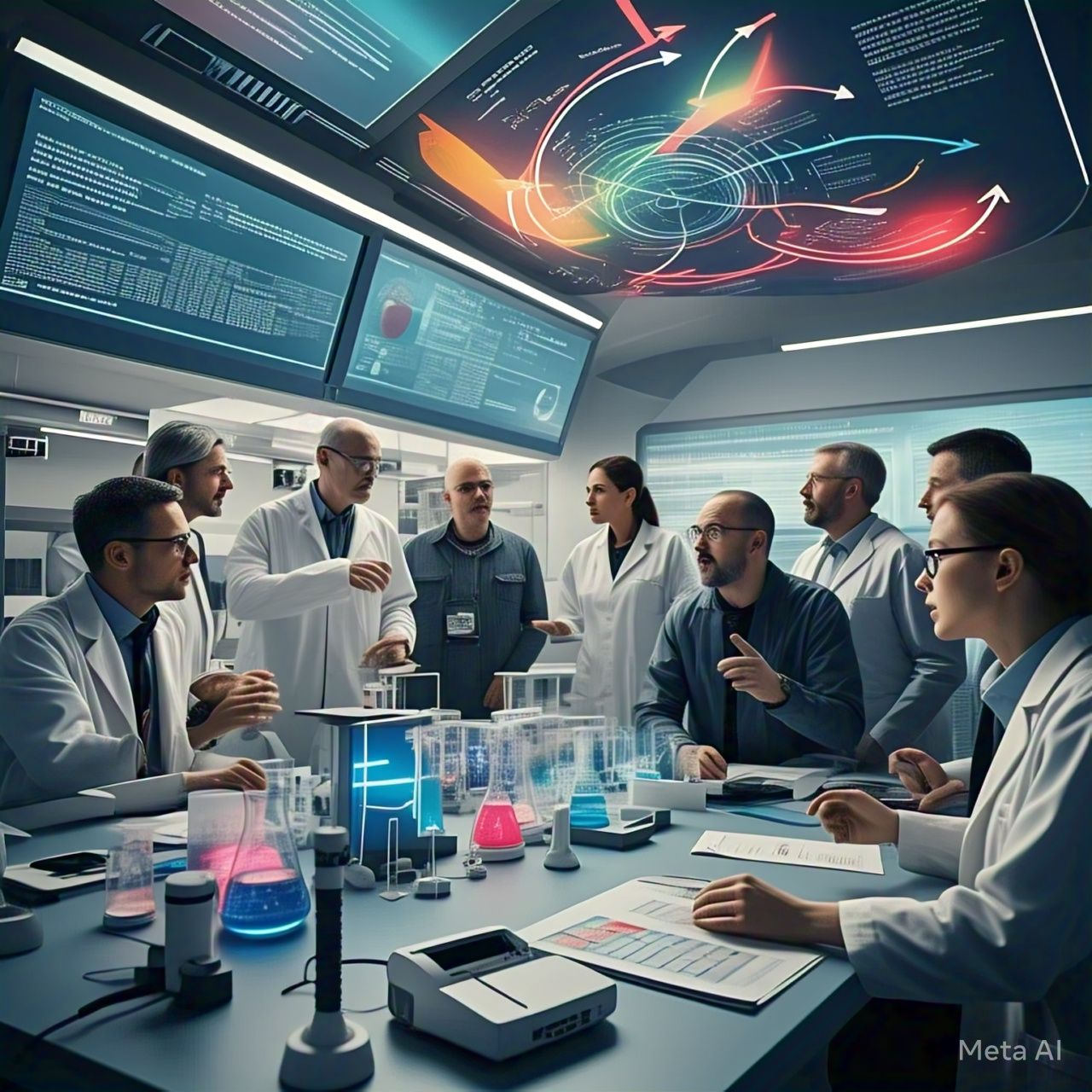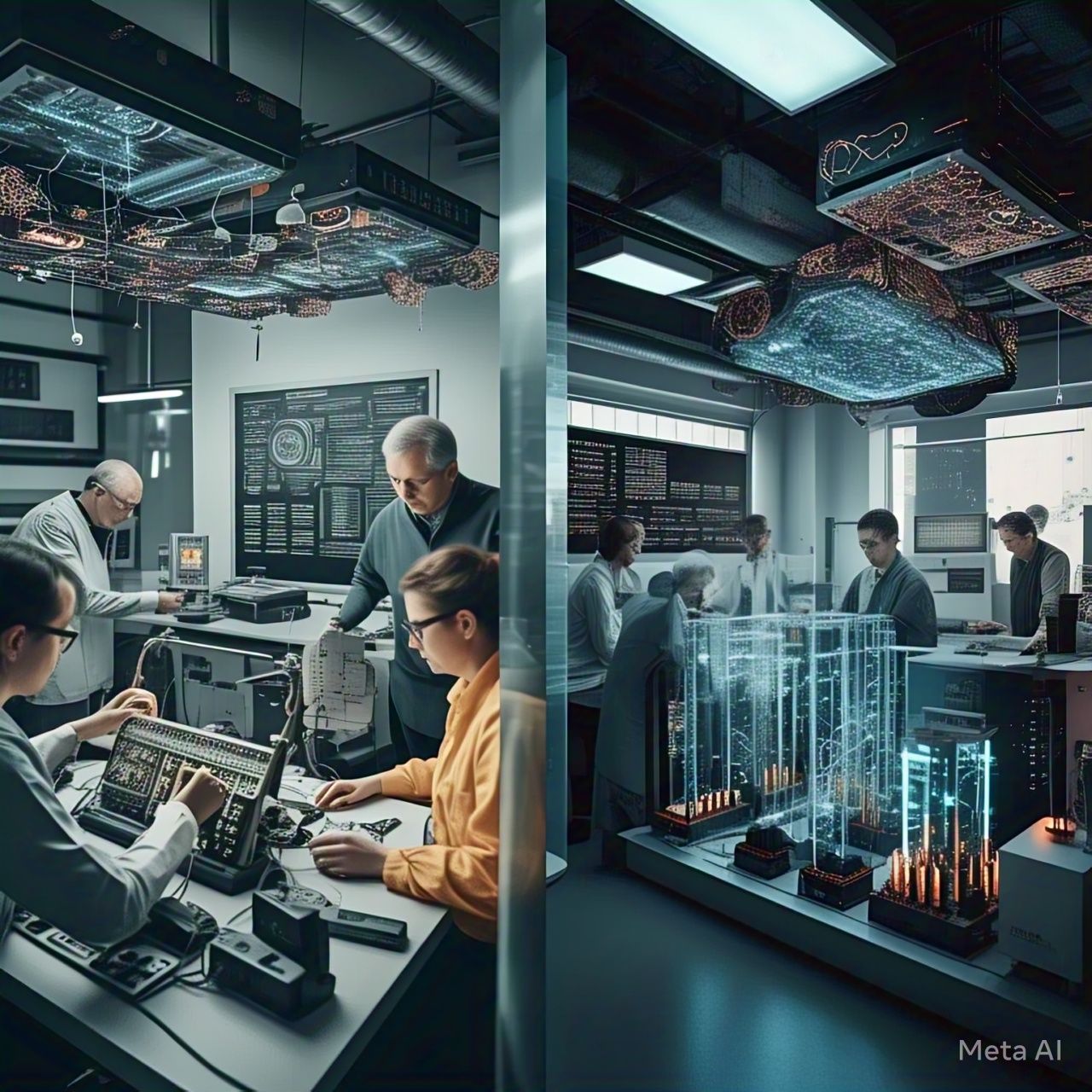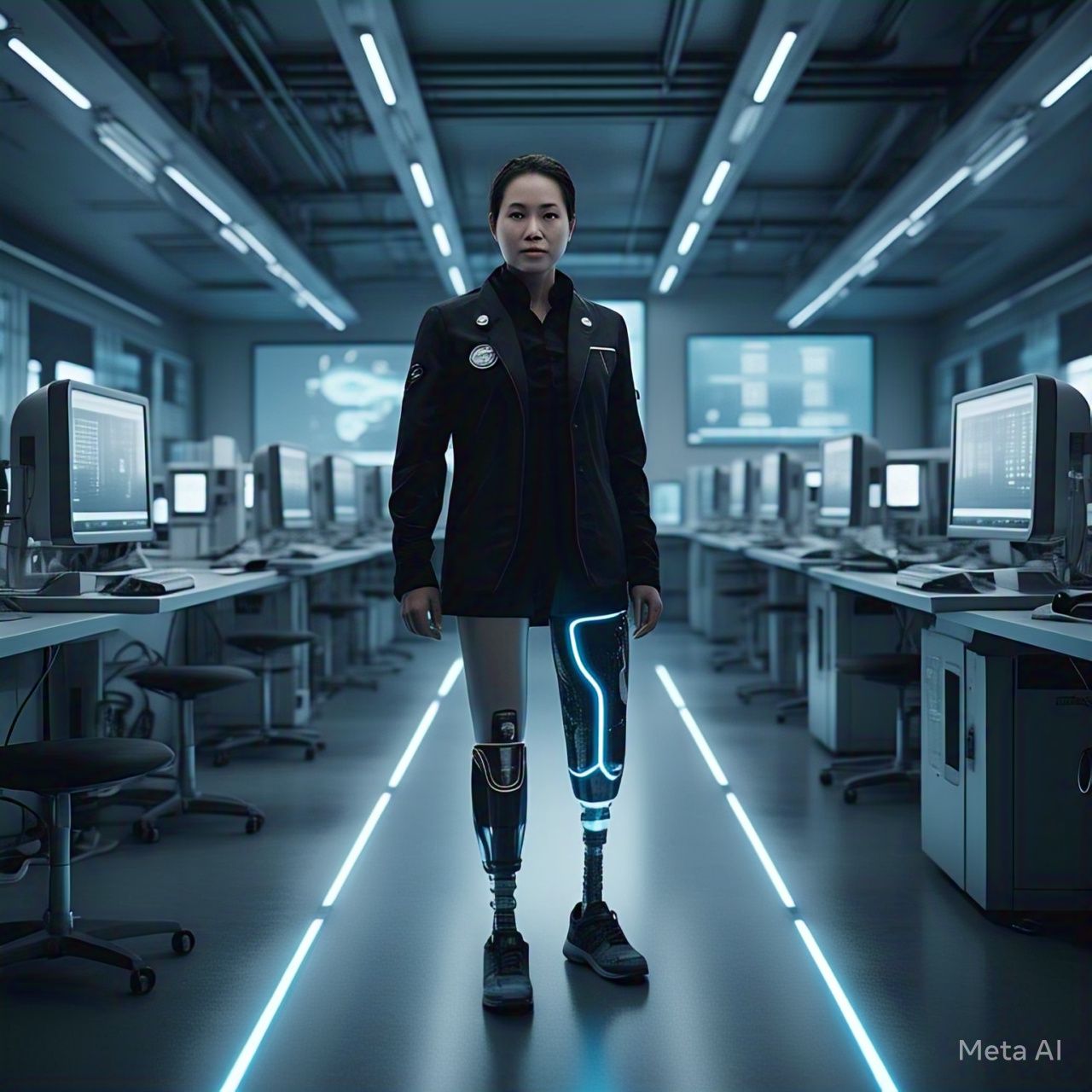Artificial Intelligence (AI) continues to evolve at an unprecedented pace, reshaping industries, enhancing efficiencies, and driving technological advancements. As we move into 2025 and beyond, AI is expected to revolutionize multiple sectors, from healthcare and finance to education and entertainment. This article explores key AI trends and innovations that will shape the future.
1. The Rise of Generative AI
Generative AI is advancing rapidly, creating high-quality content, realistic images, and human-like text. Innovations such as AI-powered art, music composition, and automated content generation will redefine creativity and productivity across industries.
- AI-Powered Creativity: Tools like OpenAI’s GPT models and DALL·E are revolutionizing content creation.
- Personalized AI Assistants: AI-driven chatbots and virtual assistants will become more conversational and context-aware.
- Deepfake Technology: Ethical concerns will drive regulations on AI-generated media.
2. AI in Healthcare: Personalized Medicine and Diagnostics
AI is transforming healthcare by enhancing diagnostics, treatment planning, and drug discovery. Personalized medicine, driven by AI and genomics, will enable more accurate and effective treatments tailored to individual patients.
- AI-Driven Diagnostics: Machine learning models will detect diseases earlier and with greater accuracy.
- Robotic Surgery Advancements: AI-assisted robotic surgery will improve precision and patient outcomes.
- Predictive Healthcare: AI will help prevent diseases by analyzing patient history and lifestyle factors.
3. AI and Automation in the Workplace
AI-driven automation is revolutionizing business processes, optimizing operations, and reducing human workload. Organizations will increasingly adopt AI to streamline workflows, enhance productivity, and minimize costs.
- AI-Powered Chatbots & Virtual Employees: AI will handle customer service and routine administrative tasks.
- Smart Automation in Manufacturing: AI-powered robotics will increase efficiency in production lines.
- AI-Augmented Decision Making: Businesses will leverage AI for data-driven insights and strategic planning.
4. Ethical AI and Regulations
As AI adoption grows, ethical considerations and regulatory frameworks will become crucial. Governments and organizations will implement policies to ensure transparency, fairness, and accountability in AI systems.
- Bias and Fairness in AI: Researchers will work to eliminate biases in AI models.
- AI Governance and Compliance: Legal frameworks will regulate AI use in sensitive applications.
- Consumer Privacy Protection: Stricter data protection laws will shape AI’s role in personalized services.
5. AI in Education: Transforming Learning Experiences
AI is revolutionizing education by offering personalized learning experiences, automating administrative tasks, and improving accessibility.
- Adaptive Learning Platforms: AI-powered tools will tailor education to students’ needs.
- AI-Powered Tutors: Virtual tutors will provide instant feedback and support for learners.
- Automated Grading & Administration: AI will streamline grading, attendance, and curriculum planning.
6. AI-Powered Cybersecurity
With increasing cyber threats, AI-driven security solutions will play a crucial role in detecting and mitigating risks.
- Threat Detection & Prevention: AI will identify cyber threats in real-time.
- Automated Security Protocols: AI-driven algorithms will enhance data protection strategies.
- AI-Powered Fraud Detection: Businesses will use AI to prevent fraudulent transactions and identity theft.
7. AI in Sustainability and Climate Change Solutions
AI will contribute significantly to addressing environmental challenges and promoting sustainable practices.
- AI-Powered Climate Modeling: Predicting and mitigating the effects of climate change.
- Smart Energy Solutions: AI will optimize energy consumption and renewable energy management.
- AI in Agriculture: Smart farming solutions will enhance crop yield and resource efficiency.
The Road Ahead
The future of AI is filled with promise, but it also brings challenges that require careful navigation. Ethical considerations, regulatory compliance, and responsible AI development will be essential in ensuring AI’s benefits outweigh its risks. As AI continues to evolve, businesses and individuals must stay informed and adapt to emerging trends to harness the full potential of artificial intelligence.
Conclusion
AI is poised to reshape industries and redefine the way we live and work in 2025 and beyond. From generative AI and healthcare advancements to workplace automation and ethical AI governance, these trends will shape the next era of innovation. By staying ahead of these developments, businesses and individuals can leverage AI’s full potential while ensuring its responsible and ethical use.




